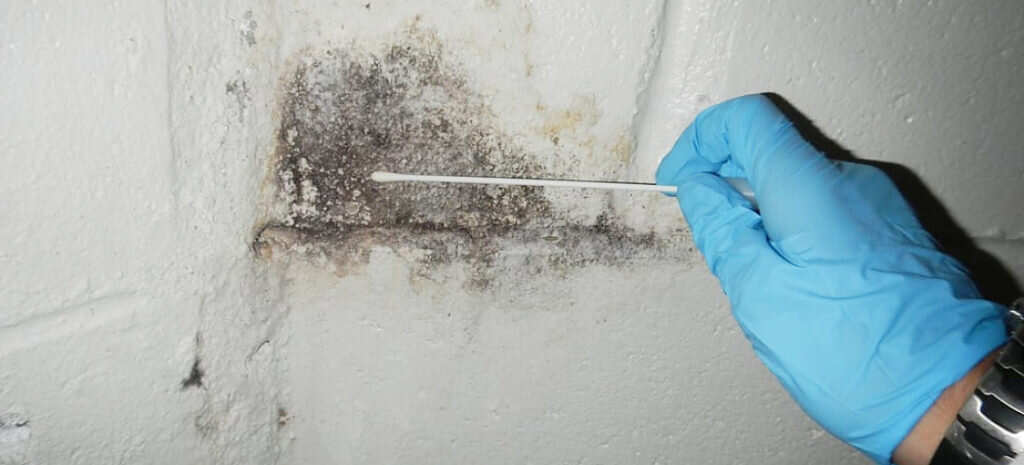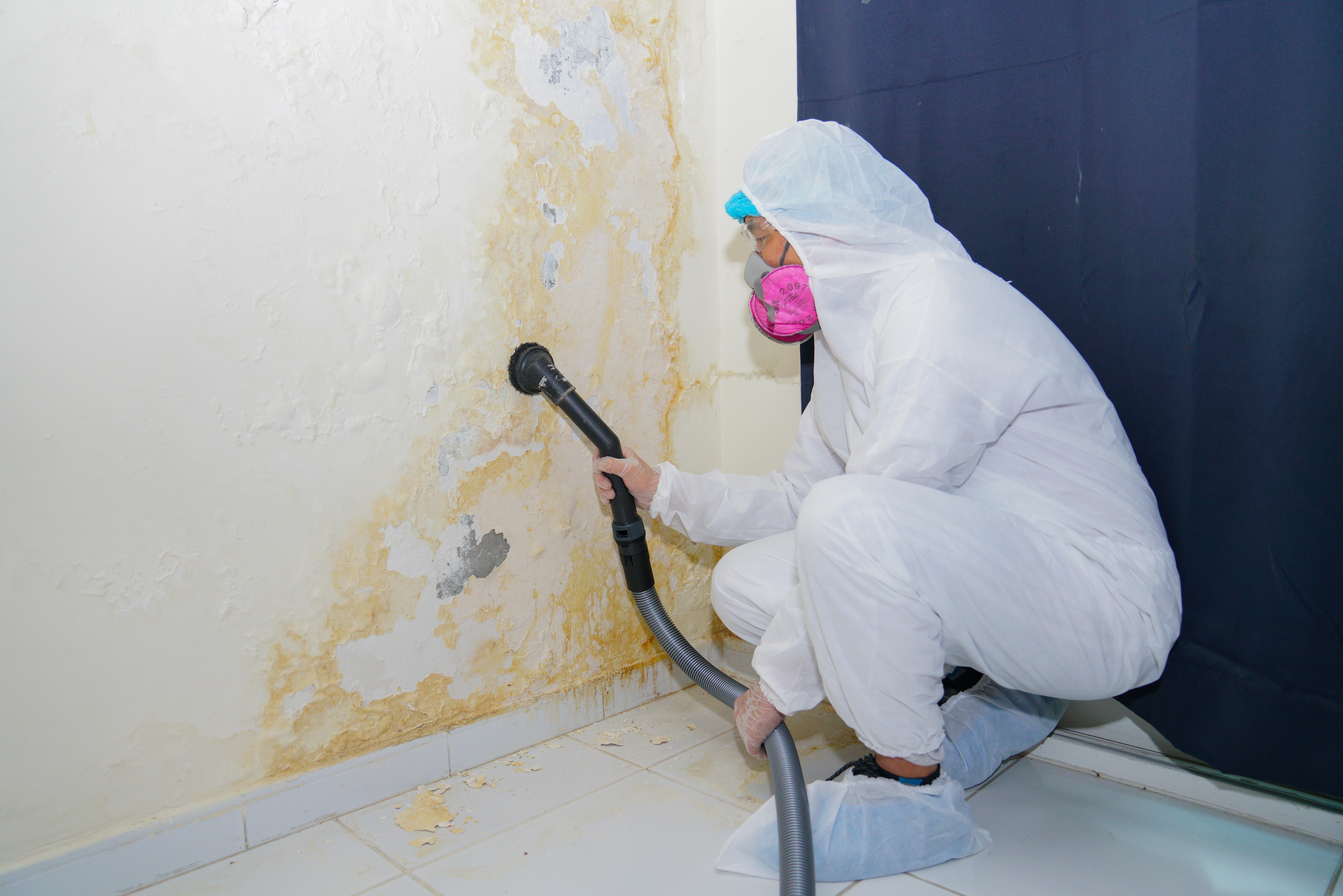Effective Blog Post Mold Removal Solutions for Your Home
Mold development in homes can be a persistent issue, frequently needing an organized strategy for efficient post-remediation services. From recognizing the elements that add to mold and mildew advancement to implementing appropriate cleaning strategies and dampness control procedures, the procedure can be elaborate yet important for maintaining a healthy living setting. Additionally, checking out all-natural remediation options and establishing a routine for continuous upkeep are crucial parts of a comprehensive mold removal strategy. As home owners make every effort to attend to mold and mildew issues, locating one of the most effective solutions comes to be extremely important for the health of their households.
Recognizing Mold And Mildew Development Aspects
Mold development is affected by a variety of aspects that are essential to comprehend in order to properly deal with and prevent its spreading. Recognizing these variables is crucial in applying successful mold and mildew removal techniques. The key element adding to mold growth is wetness. Mold and mildew spores require dampness to sprout and flourish, making humid or wet settings very susceptible to mold and mildew invasions. Poor air flow can likewise result in moisture accumulation, producing a perfect breeding place for mold and mildew.

Additionally, air flow and light direct exposure can impact mold growth. Locations that lack correct air flow and natural light are extra prone to mold development. By attending to these factors adequately, people can effectively alleviate mold and mildew growth and safeguard their living atmospheres.
Appropriate Mold Cleaning Strategies
Utilizing reliable cleansing approaches is vital in avoiding the reappearance and dealing with of mold and mildew contamination in interior environments. When managing mold, it is crucial to focus on security by putting on safety equipment such as goggles, gloves, and masks. The primary step in appropriate mold cleaning is to contain the affected location to avoid the spread of spores to uncontaminated areas. This can be attained by sealing the room and utilizing air scrubbers or unfavorable air equipments to preserve air quality.

Implementing Wetness Control Steps
To efficiently avoid mold and mildew development and contamination in indoor atmospheres, implementing dampness control actions is paramount. Dampness is the primary aspect that gas mold and mildew growth, making it critical to manage moisture levels within the home. One efficient measure is to utilize dehumidifiers to maintain indoor humidity levels listed below 60%. Additionally, making certain proper air flow in areas vulnerable to moisture accumulation, such as kitchen areas and washrooms, can help in reducing the danger of mold development. Consistently inspecting and fixing any leaks in plumbing, roofings, or home windows is additionally important in preventing excess moisture accumulation. Utilizing exhaust followers while food preparation or showering, and permitting air circulation by maintaining furnishings a little far from walls can assist in image source dampness control. Furthermore, using moisture-resistant products in high-humidity locations, such as mold-resistant drywall and paints, can be helpful. By carefully carrying out these wetness control measures, homeowners can effectively decrease the chance of mold recontamination and maintain a healthy and balanced indoor atmosphere.
Using All-natural Remediation Solutions
After effectively applying moisture control procedures to avoid mold and mildew growth in indoor settings, home owners can now check out the performance of all-natural removal services in preserving a healthy and balanced living space. All-natural removal options utilize eco-friendly methods to combat mold and mildew and mold, making them a preferred option for those seeking non-toxic choices. One such solution is utilizing vinegar, a natural antimicrobial representative, to tidy and disinfect surfaces infected by mold and mildew. Simply water down vinegar with water and spray it onto the influenced locations, permitting it to rest for a few hours before wiping clean. Additionally, tea tree oil, known for its antifungal properties, can be blended with water and sprayed onto mold-infested surfaces to hinder additional growth. Another natural option is hydrogen peroxide, which can successfully eliminate mold and mildew on numerous surface areas without leaving unsafe residues behind. By integrating these all-natural removal services right into their cleansing routines, house owners can effectively fight mold development while promoting a much healthier indoor setting on their own and their families.

Keeping a Mold-Free Environment
Regularly evaluating areas susceptible to mold development, such as bathrooms, cooking areas, cellars, and attics, is critical. Appropriate air flow in locations with high moisture degrees is also key to avoiding mold development.
Furthermore, preserving cleanliness in the home is essential for mold prevention. Maintaining indoor plants in check and making certain proper water drainage in outdoor landscaping can minimize wetness accumulation, minimizing the possibility of mold and mildew invasions.
Verdict
Finally, it is necessary to resolve mold development elements, use correct cleaning techniques, carry out wetness control procedures, utilize all-natural removal solutions, and maintain a mold-free environment in order to effectively handle article mold and recommended you read mildew remediation in your home - After mold remediation. By following these techniques, you can protect against mold from repeating and guarantee a healthy living environment for you and your household
The primary element adding to mold growth is wetness. Mold and mildew spores call for dampness to germinate and thrive, making damp or humid atmospheres highly susceptible to mold and mildew problems.To properly prevent mold development and contamination in interior settings, applying moisture control steps is paramount. Furthermore, making certain correct air flow in locations vulnerable to moisture build-up, such as kitchens and washrooms, can assist lower the threat of mold growth.After effectively implementing moisture control actions to protect against mold and mildew growth in interior atmospheres, house owners can now check out the effectiveness of natural removal solutions in preserving a healthy living space.
Comments on “Support on What to Do After Mold Remediation”